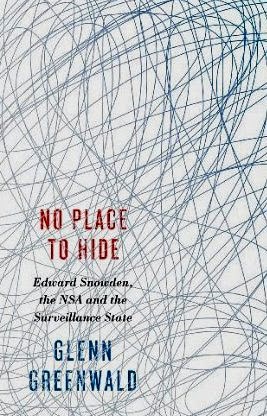

Can the government stick us with privacy we don't want? It can, it does, and according to this author, may need to do more of it. Privacy is a foundational good, she argues, a necessary tool in the liberty-lover's kit for a successful life. A nation committed to personal freedom must be prepared to mandate inalienable, liberty-promoting privacies for its people, whether they eagerly embrace them or not. The eight chapters of this book are reflections on public regulation of privacy at home; isolation and confinement for punitive and health reasons; religious modesty attire; erotic nudity; workplace and professional confidentiality; racial privacy; online transactions; social networking; and the collection, use and storage of electronic data. Most books about privacy law focus on rules designed to protect popular forms of privacy. Popular privacy is the kind that people tend to want, believe they have a right to, and expect governments to secure. Typical North Americans and Europeans embrace privacy for home-life, telephone calls, e-mail, health records, and financial transactions. This unique book draws attention to unpopular privacy-- privacies disvalued or disliked by their intended beneficiaries and targets-and the best reasons for imposing them. Examples of unwanted physical and informational privacies with which contemporary Americans have already lived? Start with laws designed to keep website operators from collecting personal information from children under 13 without parental consent; the anti-nudity laws that force strippers to wear pasties and thongs; the 'Don't Ask Don't Tell' rules that kept gays out of the US military; and the myriad employee and professional confidentiality rules-- including insider trading laws-- that require strict silence about matters whose disclosure could earn us small fortunes. Conservative and progressive liberals agree that coercion and paternalism should be the exceptions rather than the rule. Better to educate, incentivize and nudge than to force. But what if people continue to make self-defeating bad choices? What are the exceptional circumstances that warrant coercion, and in particular, coercing privacy? When can government turn privacies into duties, especially duties of self-care? Early modern societies went wrong, imposing unequal conditions of forced modesty and confinement on women and others groups, giving privacy and imposed privacies a bad rap. But now may be a time for imposed privacies of another sort-imposed privacies that are liberating rather than dominating. A role for coercive and paternalistic regulation may be called for in view of the Great Privacy Give-Away. The public turns over vast amounts of personal information in exchange for the ease of online shopping, browsing and social networking, protected in some instances by little more than a pro forma privacy policy pasted on a home page. The public uploads and stores information 'in the cloud,' and have become more and more dependent upon electronic telecommunications and personal archiving exposed to public and private surveillance. Have they lost the taste for privacy? Do they fail to understand the implications of what is happening? This book offers insight into the ethical and political underpinnings of public policies mandating privacies that people may be indifferent to or despise. Privacy institutions and practices play a role in sustaining the capable free-agents presupposed by liberal democracy. Physical sanctuaries and data protection by law confers and preserve opportunities for making and acting on choices. Imposing privacy recognizes the extraordinary importance of dignity, reputation, confidential relationships, and preserving social, economic and political options throughout a lifetime.
具体描述
读后感
用户评价
相关图书
本站所有内容均为互联网搜索引擎提供的公开搜索信息,本站不存储任何数据与内容,任何内容与数据均与本站无关,如有需要请联系相关搜索引擎包括但不限于百度,google,bing,sogou 等
© 2025 onlinetoolsland.com All Rights Reserved. 本本书屋 版权所有




















